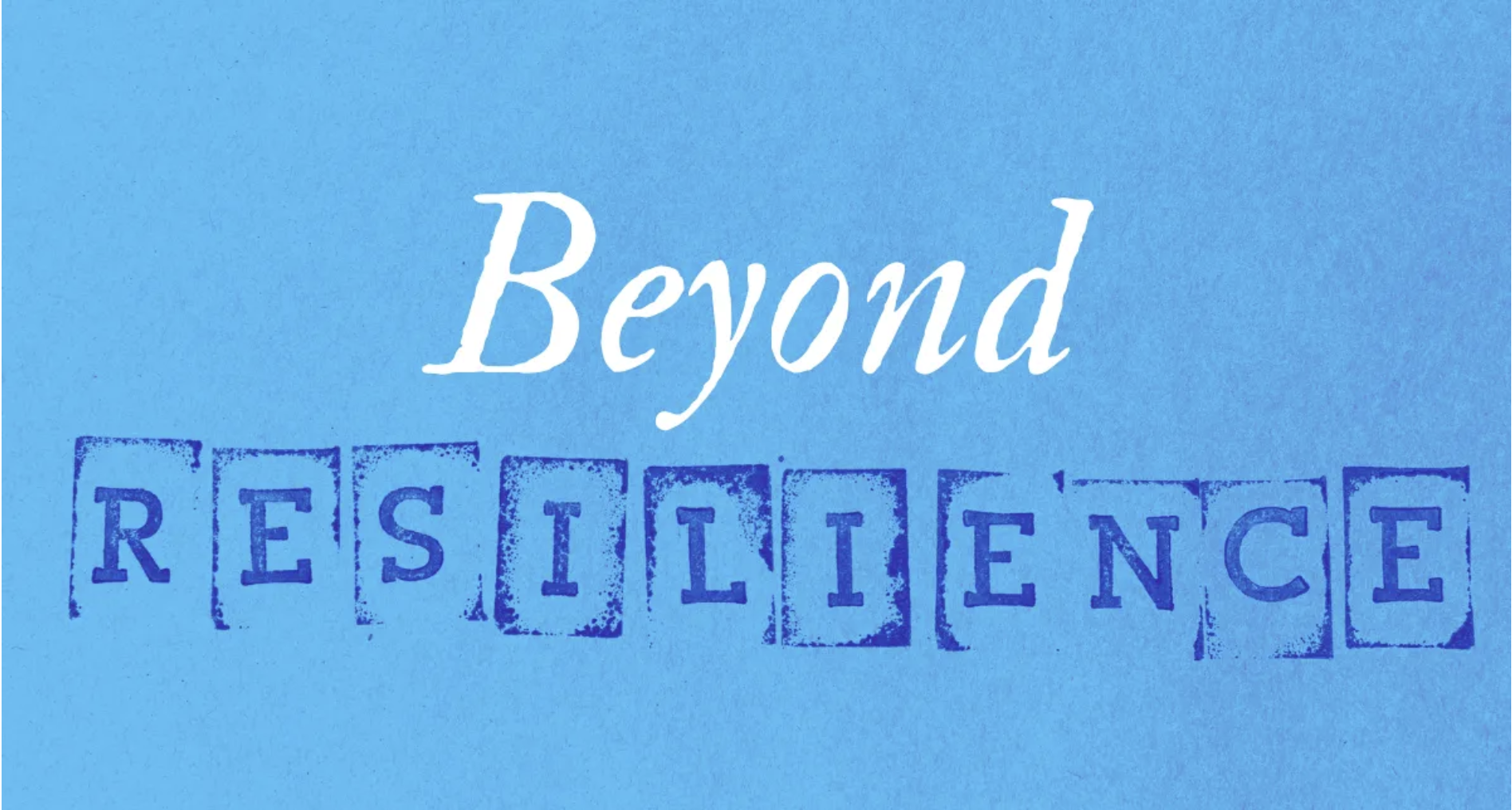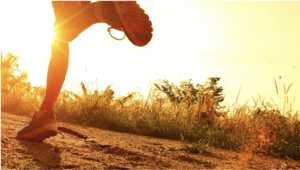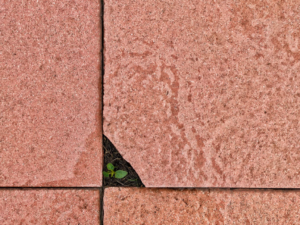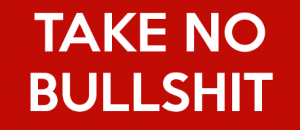Right now we’re hearing a lot of talk about resilience. I even held a role entitled ‘Head of Resilience’. However, something’s missing. And if it’s missing from the conversation, it’s probably missing from the application, meaning our results will likely be less-than-fit for purpose.
So, let’s talk about what resilience is, why it isn’t the goal, and what might be possible instead.
Resilience is the ability to meet an obstacle then return to our previous state, unaffected.
Now let’s illustrate why that isn’t the goal.
Think back to the stories you loved when you were little… and the characters that caught your attention… Got one in mind? Good.
These characters introduced us to possibilities about who we might be, and what that might mean for us in the world. This is significant because stories often invite us to connect with the hero, giving us a sense of status, resilience, and hope.
One such story I connected with was that of Ulysses — set as a cartoon, in the 31st Century, and in space. (Obviously). The gods, as these ancient gods tend to love to do, put trials in his way. Now, as we know, every hero needs an obstacle, to test not just their resilience, but to ask — what does this really mean to you? What are you willing to do?
In one stunning episode Ulysses is captured by the Sphinx. And there’s an encounter with an object of old testament-level awe: The Mirror of The Sphinx. The gravitas of its presence is matched only by the gravity of its consequence. Because to look into the mirror isn’t to peer at our appearance, it’s to pierce the facade of our face, apparent status, and presumptionof resilience. To look is to be shown the truth about who you are and the state of your soul. Not every character survives the shock.
This is a story about not being the hero in your own story.
We’ve all had times when we’ve acted beneath ourselves, sometimes with shocking consequences, and it can call into question who we thought we were. As you’re reading, I imagine something’s come to your mind, something you did or did not do, that sits uncomfortably with you?
For me, one such time was 20 years after having met The Mirror: I was training as a martial artist, with one of the best and toughest academies in Europe. The thing that mattered to me most was that it was a test of character: you will meet an obstacle, it will break you — what can you find within yourself then?
One day one of my classmates mis-heard an instruction, and a particular instructor took it upon himself to teach this lad a lesson. But the lesson was not in attention, it was in attrition. And humiliation. To go kick for kick with each other, ‘I kick your leg, you kick mine’ until someone breaks. The instructor has 20 plus years experience and 20 plus kilos on this lad, but here we are, all vying to be tough, so this lad steps up, and the exchange begins. I and the half dozen others are standing there, frozen, watching. Even though I’m here for the test of character, even though this exchange is an abuse of power, even though it’s shocking — I don’t intervene.
Eventually the lad starts crying. The game’s over. The class continues. He’s limping. He will be for weeks. I am not OK. And I did not have the words for it.
The words I needed were moral injury. Moral injury is when we are complicit by action or inaction in events that go so strongly against our values, it fundamentally ruptures our sense of self. It is a Mirror Of The Sphinx moment, where resilience cannot and should not apply.
This is because moral injury is an invitation to a specific process called moral repair. Moral repair requires us to look, take the evidence, own our errors and the reasons why, and make amends. And maybe we can’t mend what’s happened, but maybe we can make our future actions tend toward justice.
And this is what I want you to leave here knowing: the purpose of an obstacle is not for you to be unaffected by it.
So, when you are adrift, like Ulysses, in sea, in space, in self — between who you thought you were, and who you now need to become — this is an invitation to find within yourself a better character: to create better stories about who you are by what you do.
Moreover, if you can let us see you do it, you get to mirror back to us our own hopes for our own humanity and our own potential hero-ness. Here’s our third and final term for today. The term for what happens when we are affected by seeing someone act with uncommon courage, excellence, or goodness is moral elevation. Moral elevation induces feelings of awe and agency and hope — we feel moved to change because of what we’ve witnessed.
So if we can look beyond our individual resilience, we can elevate ourselves, our professions, and the communities we serve.
Thanks for reading. If this has been helpful to you then feel free to let me know. And if you found it interesting then please feel free to share it so other people can find and enjoy it too.
(Originally published on Medium in 2021 https://medium.com/@eveparmiter/why-we-need-to-look-beyond-resilience-f82ac1aafc8b)



